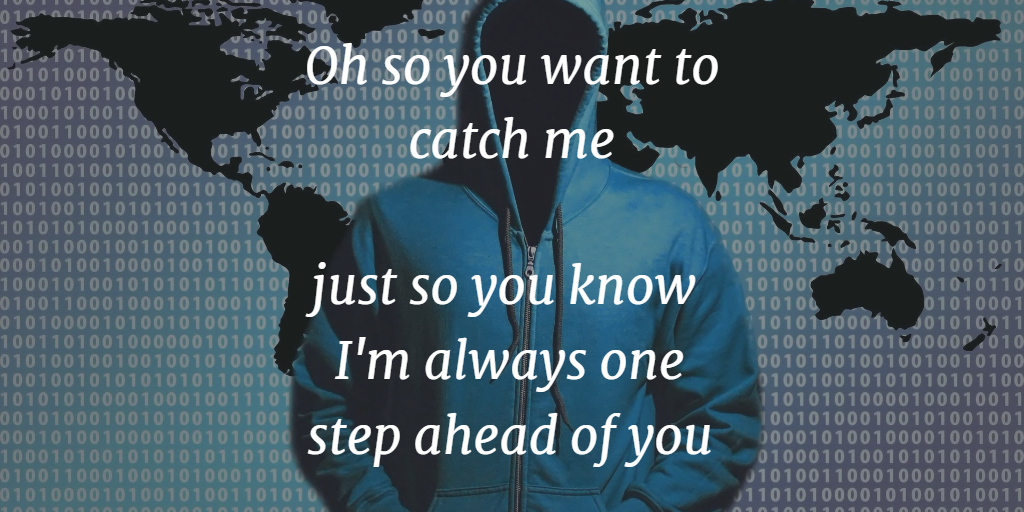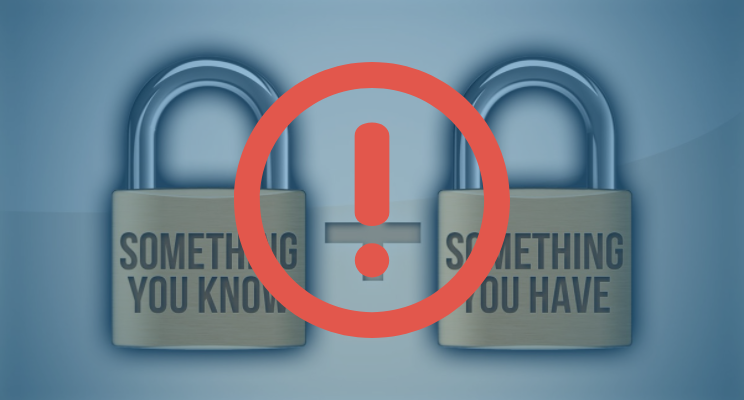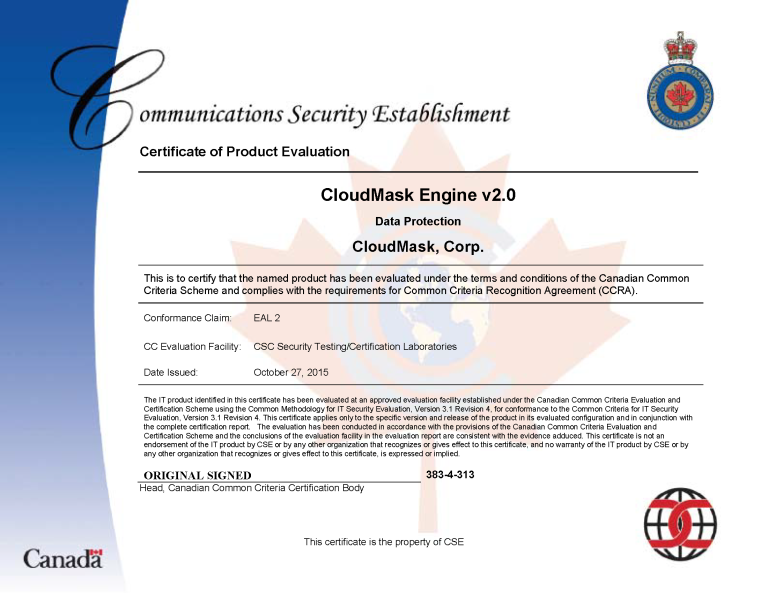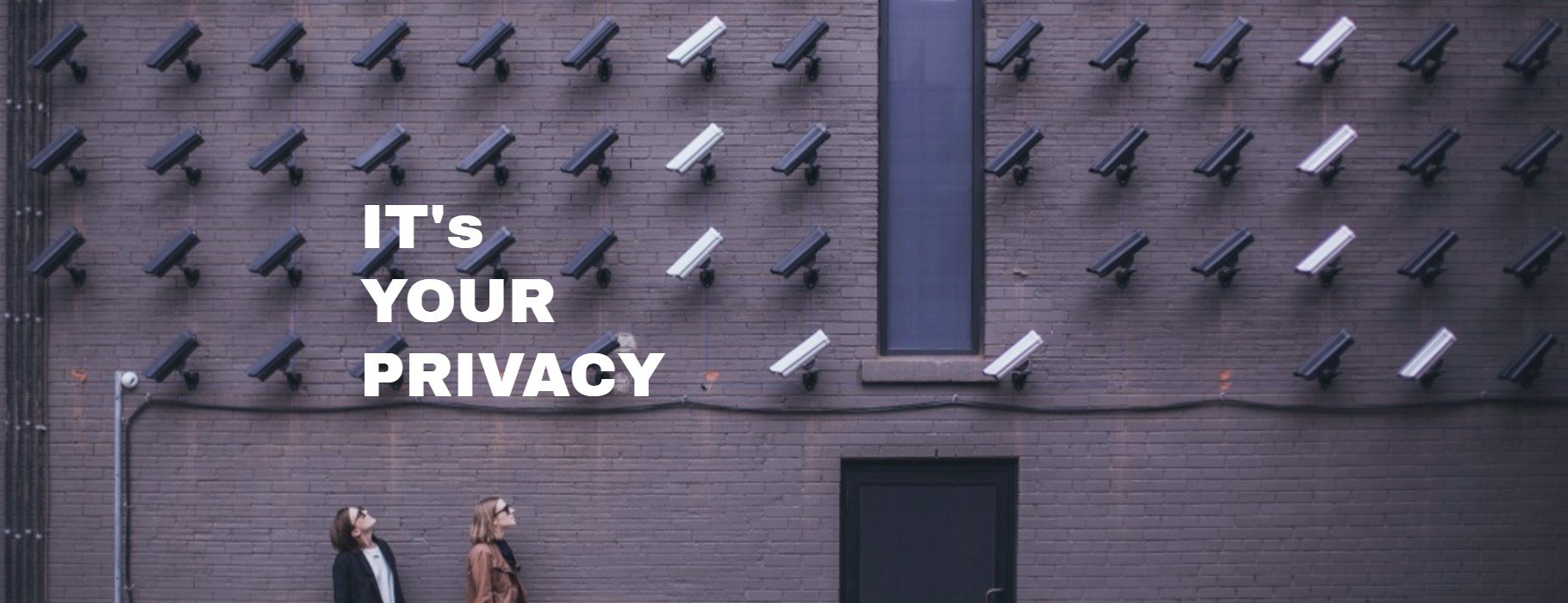Wael Aggan

Dr. Wael Aggan is a worldwide information security subject matter expert with more than 30 years of industry experience. He has been responsible for advising the United Nations, WTO, UNESCO and Société Générale 2 on security related issues. In addition, he is a serial entrepreneur, having successfully, conceptualized, co-founded, capitalized, grew and sold a number of start-ups in the security marketplace worldwide.
His latest endeavor is co-founding CloudMask, that specializes in securing sensitive information in the public cloud, enabling organizations to implement secure collaboration across the supply and ensuring compliance with data sovereignty laws and regulations.
Prior to this, he co-founded TradeMerit, a world leader in Cloud Business Process Management Solutions and Services, with customers in the banking and finance, automotive, international trade and public sectors. The company’s innovative patent pending technology has been recognized by organisations including Gartner, IDC and the Automotive Industry Action Group (AIAG).
In 2001, Aggan co-founded ViaSafe, a leading security and trade compliance company. Within five years, the company had 40 percent market share in the North American trade compliance market and was acquired in 2006.
Dr. Aggan holds a PhD in Computer Science and Master of Science degrees in Operations Research and Pure Mathematics from Cairo University in Egypt. He is an IBM Certified Solution Advisor - Cloud Computing Architecture, Certified Information Systems Security Professional (CISSP) and Certified Project Management Professional (CPMP).
Aggan is a member of the IEEE, AIAG, PMI, OCEG and COSO and a university lecturer at MIT, Carleton University and Ottawa University. He is also participates as a speaker at many global events.
Recent Posts
The assumption that software security can stay ahead of the hackers is not true because the software security industry is always reacting to threats that hackers expose. Once hackers start exploiting a flaw in an application, security companies try to block the resulting threat by providing security updates for existing software or by developing new programs. Either...
Federal governments and major technology firms are arguing for or against encryption, respectively. But why? Due to recent political turmoil and devastating events overseas, the topic of end-to-end encryption has reentered public discussion. At the center of the debate, you have federal governments and major technology firms, each arguing for or against encryption. The...
Data Masking/Tokenization/Anonymization replaces sensitive information with fictitious data while retaining the original data format. The data masking process lets you continue to work with your data as if it were not encrypted. Databases, business applications and collaboration software continue to work as if the data was real, but unauthorized personnel only have...
September 19, 2017
Leave a comment
Compliance,
Data Masking,
data residency,
Tokenization
By Wael Aggan
Jurisdictions around the world, including the European Union and Canada, are enacting laws and creating regulations forcing companies that collect personally identifiable information (PII) to store the data of their residents within their national boundaries. This concept is known as data residency and the idea is that local privacy laws will apply to data stored...
August 27, 2017
Leave a comment
Personal Data Protection,
Data Sovereignty,
data residency
By Wael Aggan
Email is one of the most critical business tools and a major component of the lives of many people. At the same time, it seems to lack adequate security as the Clinton campaign email leaks and the publication of France’s Macron emails have shown. Email is at the same time insecure but used to share important and often sensitive information. While companies encrypt...
A lack situational awareness is hurting the ability of companies and the public sector to adequately protect sensitive information. Intellectual property, sensitive business data, personally identifiable information and infrastructure access, are at risk. Situational awareness in the context of cybersecurity involves the following three areas: Effective management of...
Common Criteria certificate ensure that there is no gap in data protection according to the solution's security profile. According to the National Cyber Security Alliance, 556 million personal records are stolen every year, which means that 18 people experience the theft of their sensitive information every second. These statistics paint a bleak picture for businesses...
If you don't have anything to hide, then why would you object if the police come to your home to search and take pictures of your documents without your permission? Unfortunately for you as a consumer, the discussion regarding data protection is often focused on corporations and what they can do to prevent hackers from accessing mission-critical communications and...
Countries are establishing data residency regulation to protect private and classified data generated from their citizen by mandating storing this information within that country (the country of origin). The theory is that the laws of the country in which the data is stored apply to that data. Large cloud providers such as Amazon, Microsoft, Salesforce are opening cloud...
The government want the ability to conduct surveillance on encrypted communications. No matter how much law firms invest in data loss prevention and information protection, the government wants to be able to access private, personal and corporate data whenever it wants. The Washington Post reported that for months now, federal law enforcement agencies and other...










